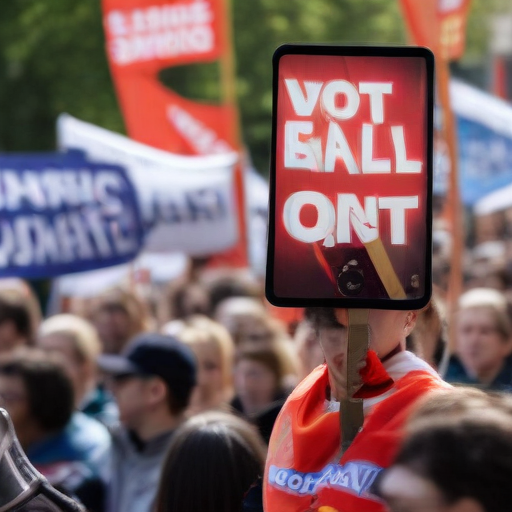Employees at Samsung have gathered for a significant rally in South Korea as they continue their strike, now entering its third week, seeking improved working conditions and higher compensation. Approximately 1,200 members of the National Samsung Electronics Union (NSEU) took to the streets at Samsung’s Giheung campus in Yongin, as reported by the Associated Press.
This demonstration followed preliminary wage negotiation discussions between the union and Samsung on Friday, indicating ongoing efforts to address the demands of the workers. The NSEU launched an indefinite strike on July 8 after earlier attempts to secure better workplace conditions did not yield the desired results.
Although the NSEU’s membership exceeds 30,000 employees, the exact number participating in the indefinite strike remains unspecified. However, it is noteworthy that this strike marks the largest in Samsung’s corporate history.
Despite Samsung’s projection of over a 1,450% increase in second-quarter revenue, driven by the burgeoning AI sector, workers have reported stagnation in their wages. The company also registered a tenfold profit increase for the first quarter of 2024, yet employees feel excluded from partaking in the financial success.
Many striking workers contribute to Samsung’s foundry operations, producing cutting-edge computer chips recognized globally. Industry experts suggest that Samsung’s historical resistance to labor unions and lack of negotiation experience could complicate the ongoing talks.
A silver lining highlighted by experts, like Vladimir Tikhonov from the University of Oslo, is that success for Samsung workers could inspire and embolden labor movements across South Korea, potentially fostering a more equitable environment for workers in the region.
In summary, the Samsung employees’ strike emphasizes the growing demand for fair labor practices and compensation in a flourishing industry, presenting an opportunity for positive change within South Korea’s labor landscape.
